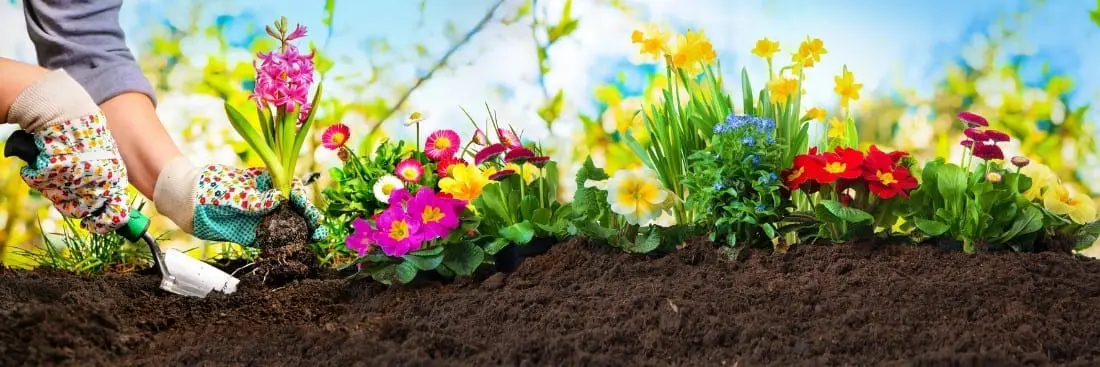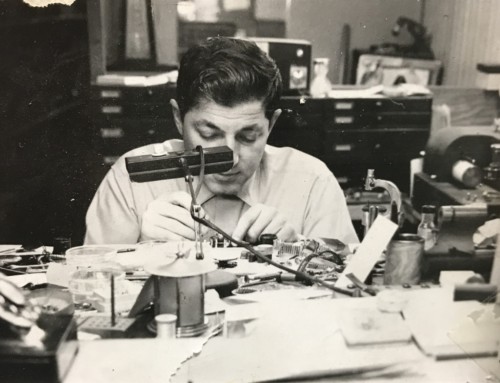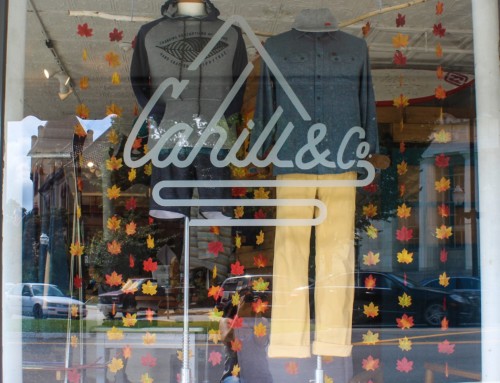The idea for this post came from watching and admiring my 75-year-old father digging in the dirt as his favorite hobby. He has turned his four-acre property that was overgrown for decades with weeds and vegetation into a beautiful sanctuary of plants and new growth. He loves spending his weekends all day outside, mulching, cutting down trees, spreading seed to grow new grass, planting spring bulbs and flowers, and trail maintenance.
And when he runs out of nature projects on his property he goes over the stone wall to clean up the vacant piece of land next to his and his latest project is planting flowers on the dirt median down the street. He is so grounded to the earth that if he stood still long enough he would grow roots and become a tree.
What is it about being outside in nature gardening and doing yard work that is so therapeutic and healthy not only for the soil but also for the soul. According to an online Psychology Today article there is a host of different reasons that gardening and yard work are so good for not only our physical well being but are mental health as well:
– Tending to plants and a garden give us a sense of responsibility. Remember that science project you did back in grade school, the teacher gave you a small pot, some dirt and a few seeds, forget video games, watching that little seed sprout up through the dirt was so exciting and seeing how tall you could get it to grow turned into a competition with all your friends.
-Nature brings out the nurture. Caring for plants or a garden hones our skills as nurturers. Horticulture evens the playing field as plants don’t judge us; they just want a little water, some sun, and time to grow. Tending to a garden can boost our self-esteem and gives us a sense of pride in taking care of another living thing.
-Gardening keeps us connected and grounded to the earth and other living things. Its easy to get caught up in self absorption with our daily lives. To be in nature and focus on a task such as planting a garden or a tree, raking leaves, or composting encourages us to get out of our own heads and puts our focus on the task at hand and live in the present moment.
-Gardening is relaxing, its like a nature spa in your own yard. Listening to birds chirping, smelling fresh cut grass and the jasmine blowing in the wind, and taking in all the green and floral beauty is a form of meditative escape, which grounds us to the here and now.
-Gardening and yard work is not only great physical exercise but simulates our brains and releases happy hormones. It helps to release levels of serotonin and dopamine, both hormones associated with happy feelings and our levels of cortisol decrease which reduces our stress. Being in the fresh air, digging in the garden for an afternoon makes for a very peaceful 8 hours of restful sleep.
-Gardening is easy and yard work is gratifying. No one needs a degree in horticulture to grow some tomatoes in a pot, or plant some seeds in the earth to see what pops up. You don’t need a farmer’s acre to get started, some of the most fruitful plants can be started in a pot on your deck and with the right kind of soil depending on what your planting or growing, steady watering, and a kind word or two anyone can have a green thumb.
Gardening and landscaping “gets people out of the house, in the sunlight and environment, and is good exercise,” says Mark Koswaski, owner of Broadview Landscape & Florist in Westerly. “You are more in tune with nature, birds, water running, and you hear things.” After being in the landscaping and florist business for 29 years Mark has seen a shift in people’s interest as it pertains to his customer’s interest in home landscaping design and gardening. Growing vegetables, herbs and planting fruit trees seem to be very popular and great for the environment.
Apples such as the McIntosh, Macoun, and Rhode Island Greening do well in the rough New England soil, and his customers have had success growing apricots, cherries, pears, raspberries, and strawberries. Composting, which is decomposed organic material such as leaves and scraps of vegetables, is very beneficial to the soil and works well for vegetable gardens. “Some benefits of composting are fewer things thrown away in the garbage, good rich soil, and it helps end waste,” says Mark.
For the beginner to get started with composting Mark suggests finding a nice flat area, (it doesn’t have to be big, he composts right on his deck), a raised bed works best up off the ground, or a way to contain the soil with rocks or wood, add one third bloom (leaves and twigs) and one third compost. “The nutrients in the compost create good rich soil and the microbes and different bacteria are beneficial to keeping insects away rather than using fertilizer.”
Mark is a big advocate for keeping all things natural and doesn’t use any chemicals or pesticides in his greenhouse. He shows me a round hard egg mass that is the secret weapon to keeping harmful insect and pests off of the plants and flowers he sells in the greenhouse. The egg mass is to a Praying Mantis – those prehistoric looking reclusive critters are a gardens best natural defense against aphids on the plants. A 100 or more tiny praying mantis will grow out of the small ball size egg mass. Mark encourages them to grow in his greenhouse, bringing them inside for the winter and watching them hatch in late spring to dine on harmful bugs. “I don’t use chemicals on anything, the praying mantis are very beneficial to the garden.”
If your new to the gardening world or might not have as big space in your yard as you want to grow all those yummy veggies check out The Community Garden, located at 177 Main Street in downtown Westerly. Created by The Westerly Land Trust and funded through a grant from RI Housing (KeepSpace Westerly program) the community garden has ten raised beds, four communal garden beds, a tool shed, and space for workshops and community gatherings.
Digging in the dirt is bountiful for the soil and the soul.






